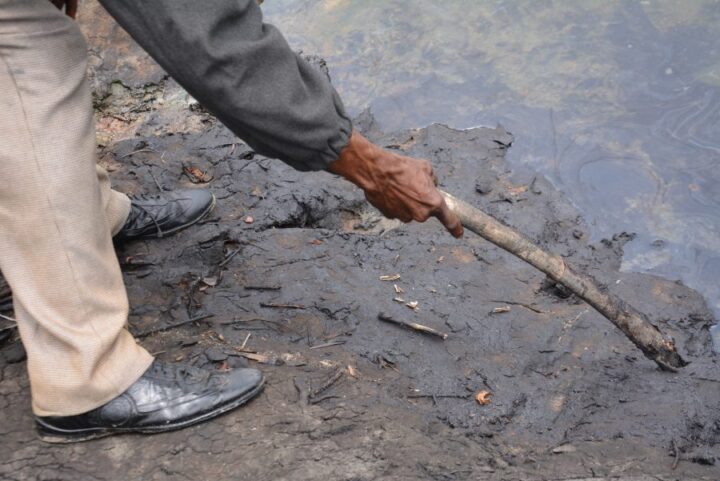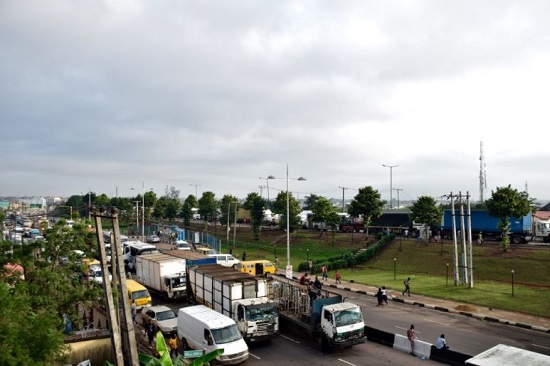The United Nations (UN) says there is still a huge gap in climate investment financing globally.
The UN-appointed Intergovernmental Panel on Climate Change (IPCC), in its report released on Monday, called on world leaders to finance more activities that are focused on climate adaptation for the people in a world with extreme weather.
According to the report, the worst effects of climate change can still be avoided if humans act immediately to enhance global ambition for both mitigation and adaptation.
It also added that unless there are immediate, rapid, and large-scale reductions in greenhouse gas emissions, limiting warming to close to 1.5°C or even 2°C will be unattainable.
Advertisement
“Many of the changes observed in the climate are unprecedented in thousands, if not hundreds of thousands of years, and some of the changes already set in motion—such as continued sea-level rise—are irreversible over hundreds to thousands of years,” the report said.
The IPCC report said it is likely that climate will produce extreme events and that we will be unable to predict them.
Less than ten years into the cut-off date on emission reductions of the Paris Agreement, seven of the world’s largest multilateral development banks (MDBs) only committed $61.6 billion, according to the 2019 Joint Report on Multilateral Development Banks’ Climate Finance.
Advertisement
Of the figure, $41.5 billion (67 percent) was spent on low- and middle-income economies.
Checks by TheCable showed that only African Development Bank (AfDB) had spent more to help societies adapt to climate change than efforts on emissions.
The climate finance provided by the AfDB increased from $3.2 in 2018 to $3.5 billion in 2019 – representing 35 percent of total project approvals worth $10.2 billion. The Bank’s largest climate finance investments were made in the energy, agriculture and transport sectors.
Within the period, the AfDB also exceeded its target of achieving parity between adaptation and mitigation finance by allocating 55 percent of its climate finance resources to adaptation and 45 percent to mitigation, per the report.
Advertisement
Globally, other development banks spent more than 70 percent of climate finance on mitigation.
Climate adaptation aims to reduce the risks or vulnerabilities and increase climate resilience, while mitigation reduces, limits or sequesters greenhouse gas (GHG) emissions to mitigate climate change.
On the other part, climate finance mobilised and provided by developed countries to developing countries reached $78.9 billion in 2018, up 11 percent from $71.2 billion in 2017.
According to Organisation for Economic Co-operation and Development (OECD), the figure was short of the 2020 goal of mobilising $100 billion for climate financing.
Advertisement
Add a comment






